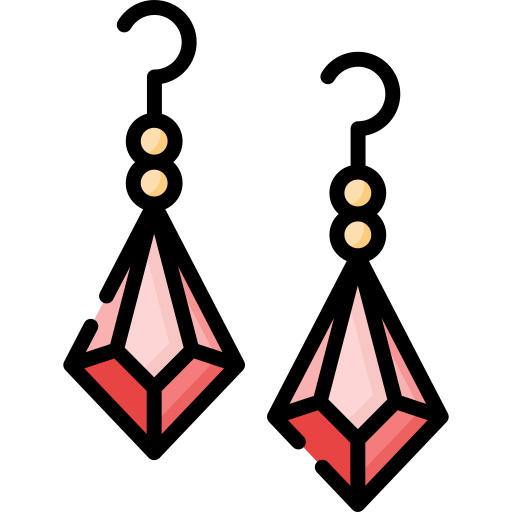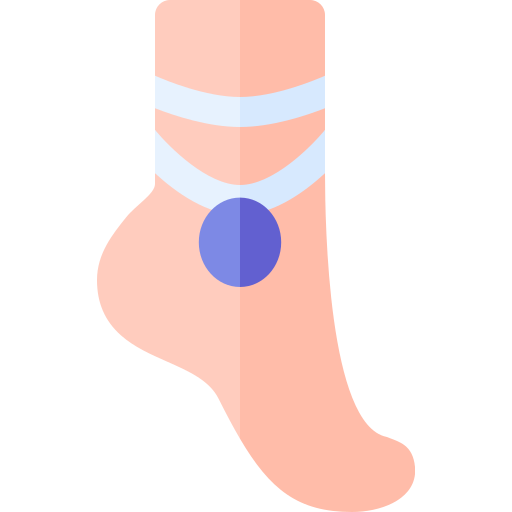Psychological Processes of Codependency
Understanding the unconscious processes involved in codependency is essential:
Unmet emotional needs: Often, codependent individuals seek affirmation and love they did not receive in their childhood. This unmet need influences their behavior in adult relationships.
Projection and Transference: The person may project their emotions onto others or transfer unresolved issues from past relationships, complicating their emotional interactions.
Defense mechanisms: Some people use denial, idealization, or justification of their actions to maintain their codependent relationships, thus reinforcing unhealthy behavioral patterns.
The Impact of Codependency on Both Parties
Codependency affects not only the person who sacrifices their needs for the other but also the one who benefits from this dynamic. It is a co-dependent relationship that, instead of promoting personal growth, creates a vicious cycle of emotional imbalance.
For the codependent person:
The person who sacrifices their own needs to meet those of the other often experiences emotional exhaustion, anxiety, and a gradual loss of personal identity (Beattie, 2009). They feel trapped in a cycle of self-sacrifice, where their self-esteem depends solely on the acceptance and satisfaction of the other. In the long term, this can lead to depression, chronic stress, and psychosomatic symptoms.
For the person receiving care:
Although they may appear to benefit, the person who receives constant care and emotional support may develop narcissistic tendencies, diminished self-awareness, and irresponsibility regarding their own needs and decisions (Lancer, 2015). Constant support without boundaries may solidify a sense of incapacity or dependency, hindering their personal growth and the development of self-regulation skills.
When this dynamic becomes entrenched, both parties may feel trapped in a relationship that, instead of fostering their development, limits them.
How Can We Free Ourselves from Codependency?
Freeing oneself from codependency is a deeply transformative process, as it is often tied to unconscious beliefs and emotional needs formed in childhood. Therapeutic work focuses on understanding these patterns and developing a healthier relationship with oneself and others.
Addressing the fear of loneliness and "emptiness":
Many individuals remain trapped in codependent relationships due to the fear of loneliness or emotional emptiness. Psychotherapy can help understand these fears and develop a more positive relationship with solitude, which can be seen as a space for personal growth and self-awareness (Mikulincer & Shaver, 2016).
Balancing internal conflicts:
The codependent individual often experiences an internal conflict between the need for independence and the desire for acceptance and connection. Through therapy, they can learn to balance these two needs, creating relationships based on mutual support rather than emotional dependence (Mikulincer & Shaver, 2016).
Recognizing and processing early experiences:
Our early relationships with caregivers directly affect how we relate to others in adulthood. Psychotherapy helps understand these patterns and reframe the individual's perception of their worth, so they no longer seek external validation (Siegel, 2020).
Accepting the imperfect nature of relationships:
Codependent individuals often seek relationships that offer absolute security and stability, leading to intense emotional dependencies. An important step toward liberation is accepting that all relationships have uncertainty, and true security comes from internal stability (Kernberg, 1996).
Building a new sense of identity:
Breaking free from codependency is not just about leaving a dysfunctional relationship but also reconstructing one's identity in a way that does not rely on external validation. Through enhancing self-awareness, self-esteem, and emotional resilience, the individual can create relationships based on balance and mutual respect (Neff, 2011).
Seeking Help: Psychotherapy and support groups can provide valuable tools and deeper understanding to address codependency.
Toward a Life with Healthy Relationships
Codependency is often confused with love, but in reality, it limits personal growth and emotional balance. It is a difficult but not irreversible condition. Liberation from it does not mean distancing from relationships but developing a new, healthier relationship with oneself.
The journey toward self-awareness and autonomy can be challenging, but it is also liberating. With awareness, therapeutic support, and commitment to personal development, we can break the chains of codependency and build a life with more freedom, authenticity, and healthier relationships. True love is not based on the sacrifice of our own selves, but on mutual support and growth.










